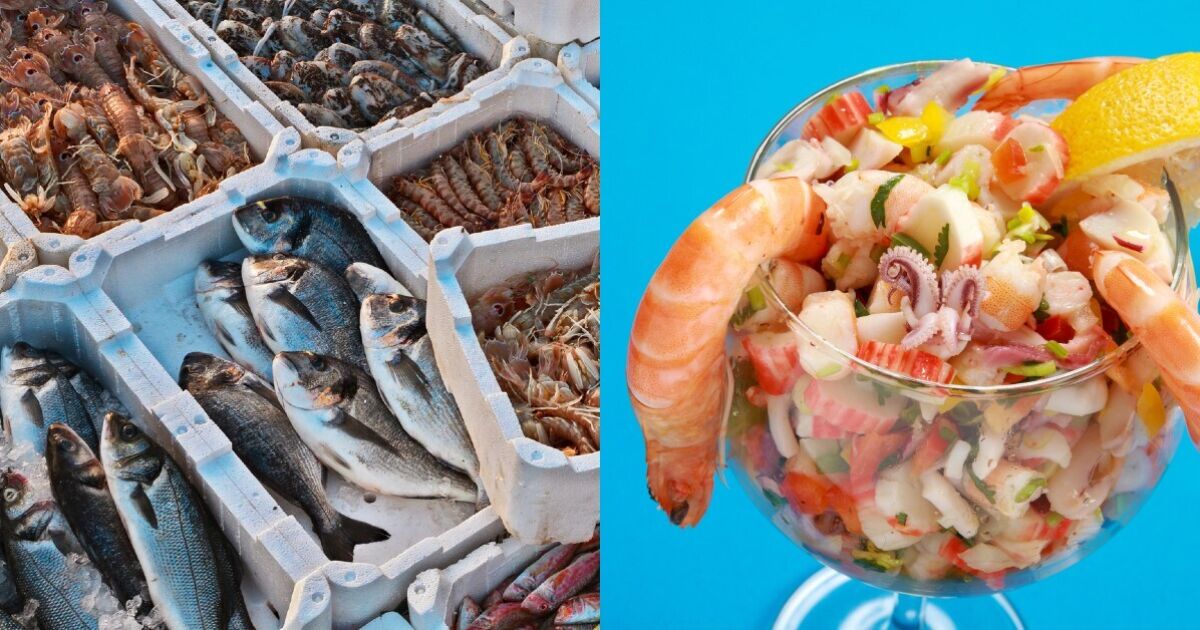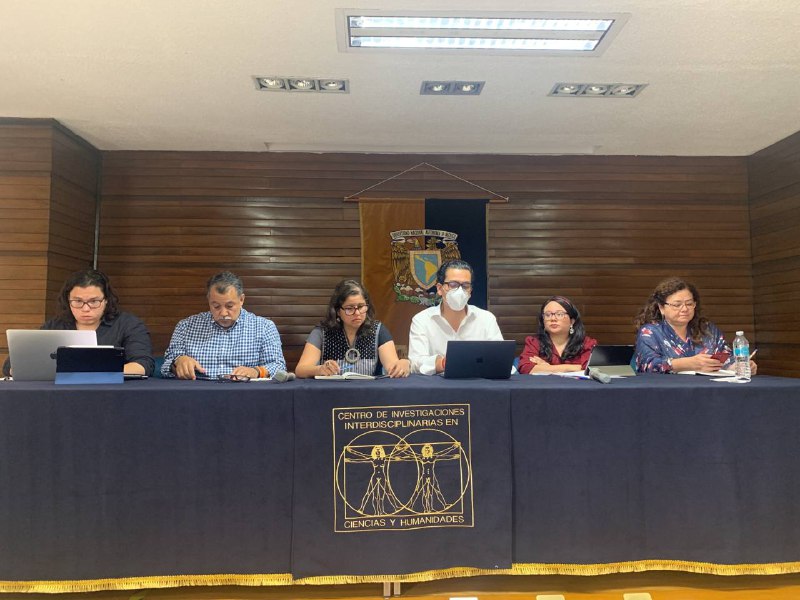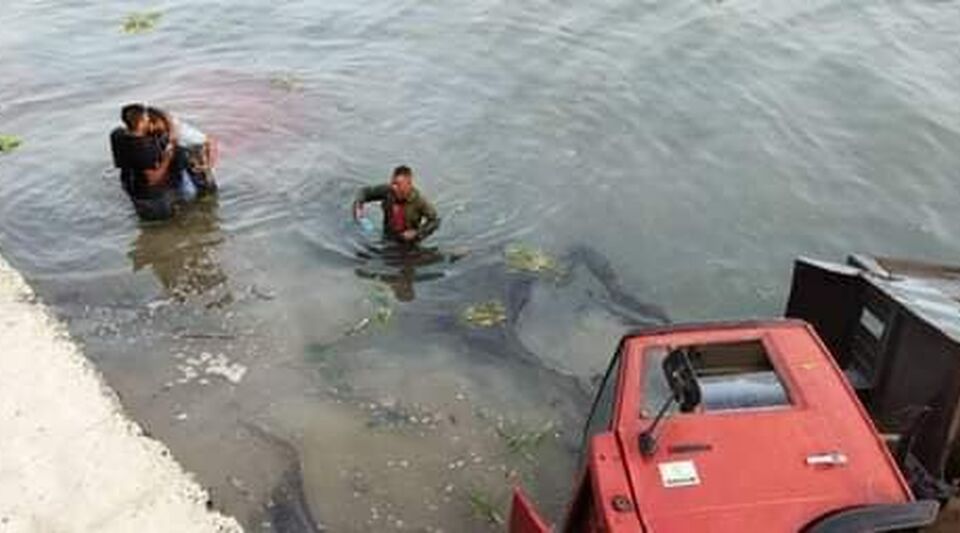“We are cautiously optimistic, but there are still sensitive issues (pending),” WTO Director-General Ngozi Okonjo-Iweala said today, attending the installation of an ice sculpture depicting tuna swimming in the ocean and with the message ” Let’s stop the collapse of the fish.”
The two-meter-high sculpture (commissioned by a coalition of NGOs) was placed in front of the UN headquarters in Geneva to draw attention to the urgency of adopting such an agreement.
Okongo-Iweala went there accompanied by the head of the negotiating group on fisheries at the WTO, the Colombian ambassador Santiago Wills, in support of the initiative.
An agreement to ban harmful fishing subsidies could be the oxygen ball the seas needwhose populations of fish and other marine species have been under enormous pressure for decades, with many species that have already disappeared or are in danger of doing so.
Two decades ago, when the WTO launched the first negotiations on the need to eliminate harmful fisheries subsidies, researchers estimated that 20% of fishing stocks were overfished, and by 2017 that proportion had risen to 33%.
It is now estimated that half of the populations living in the oceans are overfished and unregulated.
The text of an agreement continues to be discussed day and night by the negotiators with the aim of giving the ministers a document with as few disagreements as possible, which would make it possible for them to take the necessary political step to endorse the agreement, which is also vital for the survival of artisanal fishing.
“Artisanal fishermen depend on there being fish in the oceans. The subsidies that we intend to stop are the harmful ones, those that allow overfishing and overcapacity, and that are reducing marine populations,” explained Ambassador Will to EFE.
“So this agreement is what the fish need to survive, but it is also a safeguard for artisanal fisheries,” he continued.
China subsidizes the world’s largest fishing fleet that devastates other countries’ marine resources, but Russia, Japan and South Korea are also listed as states that subsidize borderline illegal or predatory fishing activities.
“Billions of people depend directly on the resources of the ocean and despite this there are subsidies that allow harmful practices and that must disappear,” explained a representative of The Pew Charitable Trusts, an NGO active in this campaign and that acts as a group of pressure in these negotiations.








